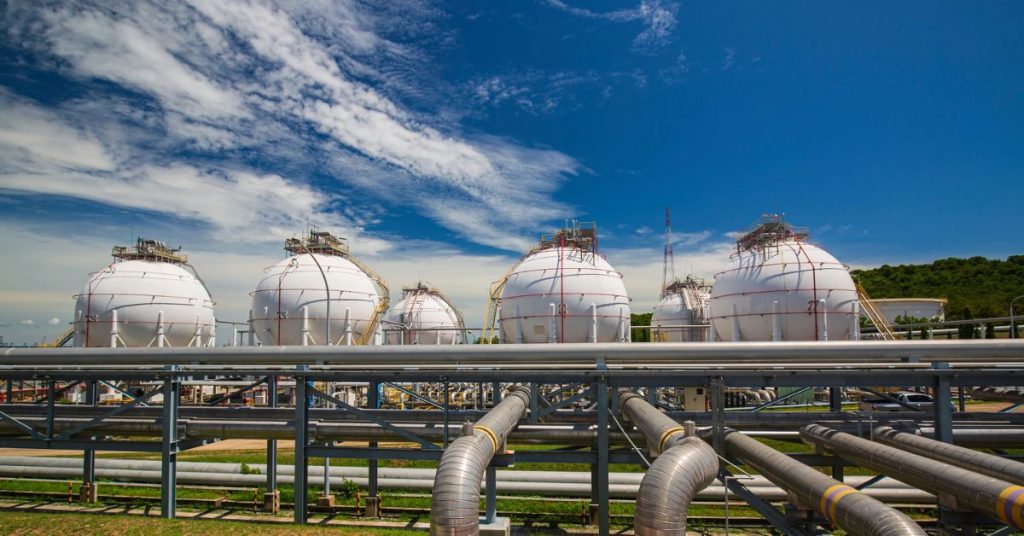The Braya Renewable Fuels refinery in Newfoundland and Labrador has started operations, giving the facility a second life as a production site for renewable diesel.
Owned and operated by Braya Renewable Fuels, it was formerly the Come by Chance petroleum refinery. In November 2021, Dallas-based private equity firm Cresta Fund Management acquired a controlling interest and renamed it the Braya Renewable Fuels refinery, giving it a new purpose.
Feedstocks such as soybean, corn, cooking oil and animal fats are converted into renewable diesel as a replacement for petroleum-based diesel to power heavy industry operations and transportation with a lower-carbon alternative.
Commercial production at the Braya Renewable Fuels refinery started last week, with an initial production capacity of 18,000 barrels — approximately 2.9 million litres.
Though O’Malley declined to disclose the total cost of the refinery, a release from April 2023 notes the company received a US$300-million investment from Energy Capital Partners. Months later, Braya announced it received a US$75 million loan from HPS Investment Partners and a supply and offtake agreement with Macquarie Energy Canada to provide inventory monetization.
In November 2021, CBC News reported Cresta found renewable diesel profitable because of substantial incentives in jurisdictions like California.
The renewable diesel will aid in the decarbonization of difficult-to-abate sectors such as heavy industry, railroads and trucking. The facility also has the potential to produce sustainable aviation fuel.
The main emissions reductions come from reducing the need to extract and refine petroleum as a source of diesel, he added. Green hydrogen produced by neighbouring ABO Wind’s operations can also be used to de-sulphurize the renewable diesel to further cut back on pollution.
Projects like Braya Renewable Fuels reflect ongoing investments into clean fuels across the country.
Canada’s Clean Fuel Regulations mandate a 15 per cent reduction in the carbon intensity of gasoline and diesel used in Canada by 2030. To attain this target, Canada set up the $1.5-billion Clean Fuels Fund to support the industry.
Companies like Imperial Oil Ltd. and Tidewater Renewables Ltd. answered the call with projects valued at $720 million and $342 million, respectively. Imperial’s project is estimated to produce more than one billion litres of renewable diesel annually, while Tidewater anticipates producing approximately 479,000 litres per day at full capacity.
Tags: Bayara Renewables, Fuels, Refinery



Recent Posts
Port of Tauranga to Trial New Zealand’s First Fully Electric Straddle Carrier
CMA CGM Scales Up Low-Carbon Fleet and Fuel Infrastructure to Meet Net Zero Targets
OceanScore Crosses 2,300-Vessel Mark as Demand for Compliance Solutions Grows
HD Hyundai and H-Line Shipping Collaborate on AI-Powered Autonomous and Eco-Friendly Vessel Technologies
MOL Holds Naming Ceremony for LNG-Fueled VLCC Energia Viking at DACKS Shipyard
Egypt Advances Maritime Decarbonisation with National Action Plan Backed by IMO
Fuelre4m unveils VIRDIS: A predictive AI breakthrough in global fuel distribution, powered by Five9nes
EXMAR Launches First Ammonia-Fueled Gas Carrier at HD Hyundai Mipo